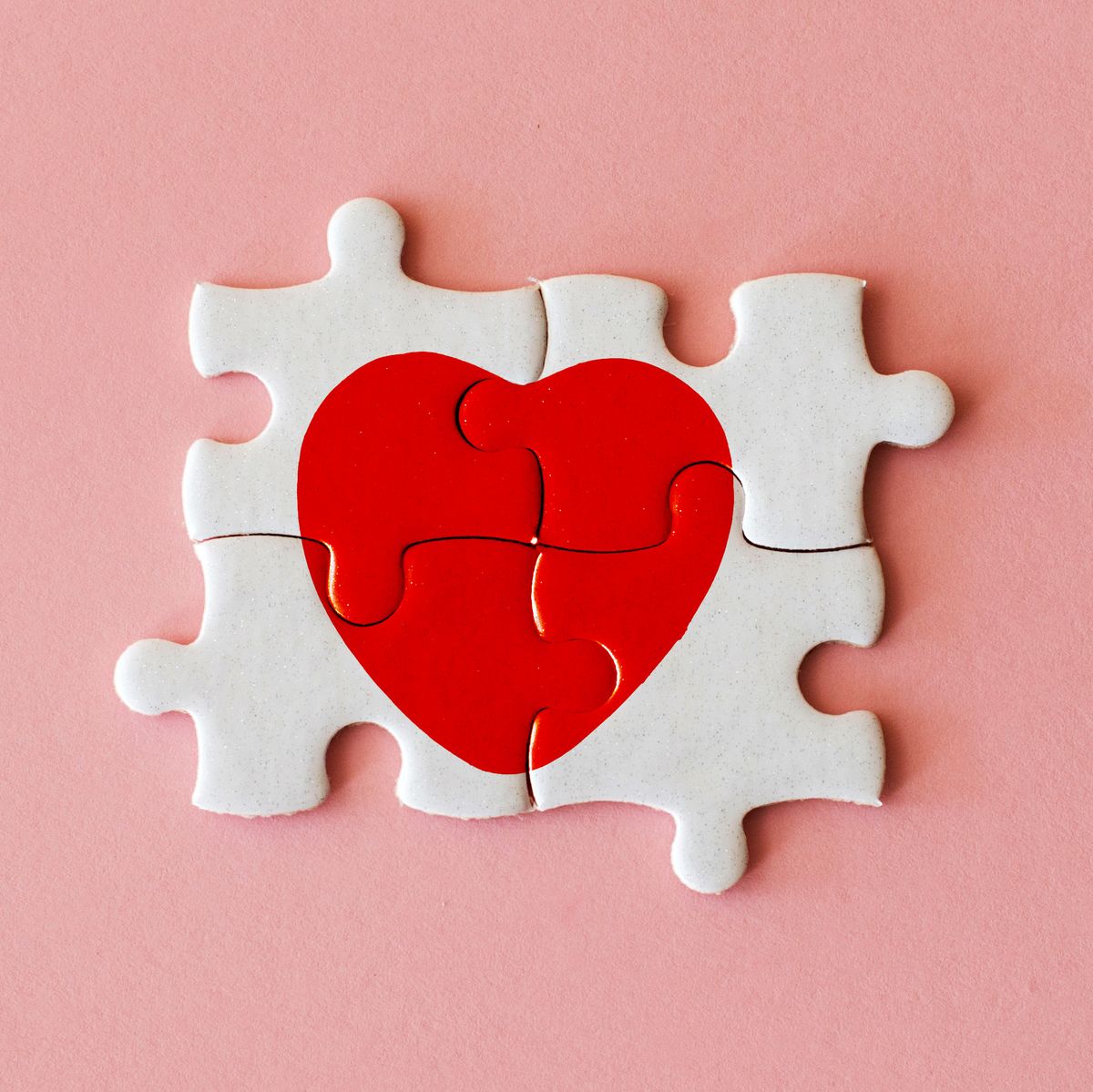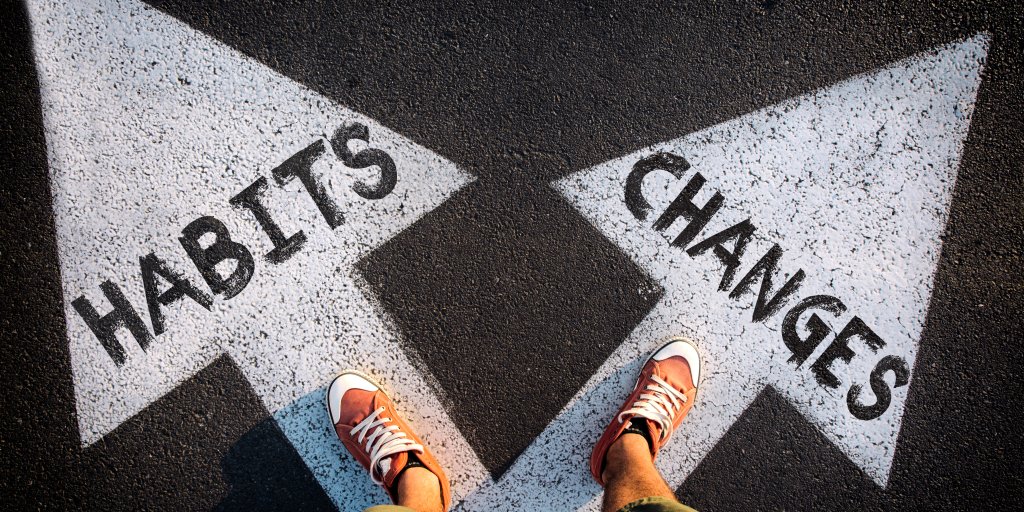In happy relationships,
partners try to empathize with each other and understand each other's
perspectives instead of constantly trying to be right. Controlling your
stress and emotions boils down to a simple concept: “Keep your mouth
shut and don't act out,” says Fisher.
If you browse the web, you will probably notice that there are many relationship articles published. This is because there are many people who are not satisfied or have issues on their current relationship. And they seek for solutions in every word written on the article. So, what is it that makes a relationship last? Or what makes a happy relationship? The answers are found within us.

Perhaps, you envy a friend who has a six year relationship with his/her partner, but you have to remember that a long term relationship doesn’t always signify a happy bond. Sometimes a person has to stay in a relationship just because they consider something not only love is the reason. But for happy couples a happy relationship doesn’t always mean you have to stick together 24/7. They stay because they want their bond to always be satisfying and meaningful. In short, they want to be happy in it.
According to people in lab coats, communication, social support, trust, and faith in each other are the factors that make a relationship last for a lifetime. However, they don’t make it enjoyable or meaningful. The best relationship is the one that endow with satisfaction and not prioritizing the relationship itself which is an old cliché. The difference is, if you are satisfied in a relationship means you are happy and have plans to grow with it while putting the relationship first means full of doubts and selfishness. What you should prioritize is yourself, after all, your partner is already a part of you, and hence if you love yourself first, then you can give unconditional love to your other half without any doubts.
Today, people enter in a relationship to make their
lives more interesting and meaningful. In other words, relationship in modern
years is about self expansion, self growth, contentment and completing your
life with someone that makes you a better person and vice versa. Relationship
should not perceive as a way of feeding your own wants and needs without allowing
the other to grow and become more dependent. You don’t accept someone in your
life just to fulfill your own happiness. A happy relationship is composed of a
couple that is ready to share and sacrifice everything they have for their
other half while allowing each other to grow free of doubts and full of love.

When it comes to relationships, most of us are winging it. We’re exhilarated by the early stages of love, but as we move onto the general grind of everyday life, personal baggage starts to creep in and we can find ourselves floundering in the face of hurt feelings, emotional withdrawal, escalating conflict, insufficient coping techniques and just plain boredom. There’s no denying it: making and keeping happy and healthy relationships is hard.
But a growing field of research into relationships is increasingly providing science-based guidance into the habits of the healthiest, happiest couples — and how to make any struggling relationship better. As we’ve learned, the science of love and relationships boils down to fundamental lessons that are simultaneously simple, obvious and difficult to master: empathy, positivity and a strong emotional connection drive the happiest and healthiest relationships.
Maintaining a strong emotional connection
“The most important thing we’ve learned, the thing that totally stands out in all of the developmental psychology, social psychology is that the secret to loving relationships and to keeping them strong and vibrant over the years, to falling in love again and again, is emotional responsiveness,” says Sue Johnson, a clinical psychologist in Ottawa and the author of several books, including Hold Me Tight: Seven Conversations for a Lifetime of Love.
That responsiveness, in a nutshell, is all about sending a cue and having the other person respond to it. “The $99 million question in love is, ‘Are you there for me?’” says Johnson. “It’s not just, ‘Are you my friend and will you help me with the chores?’ It’s about emotional synchronicity and being tuned in.”



No comments:
Post a Comment